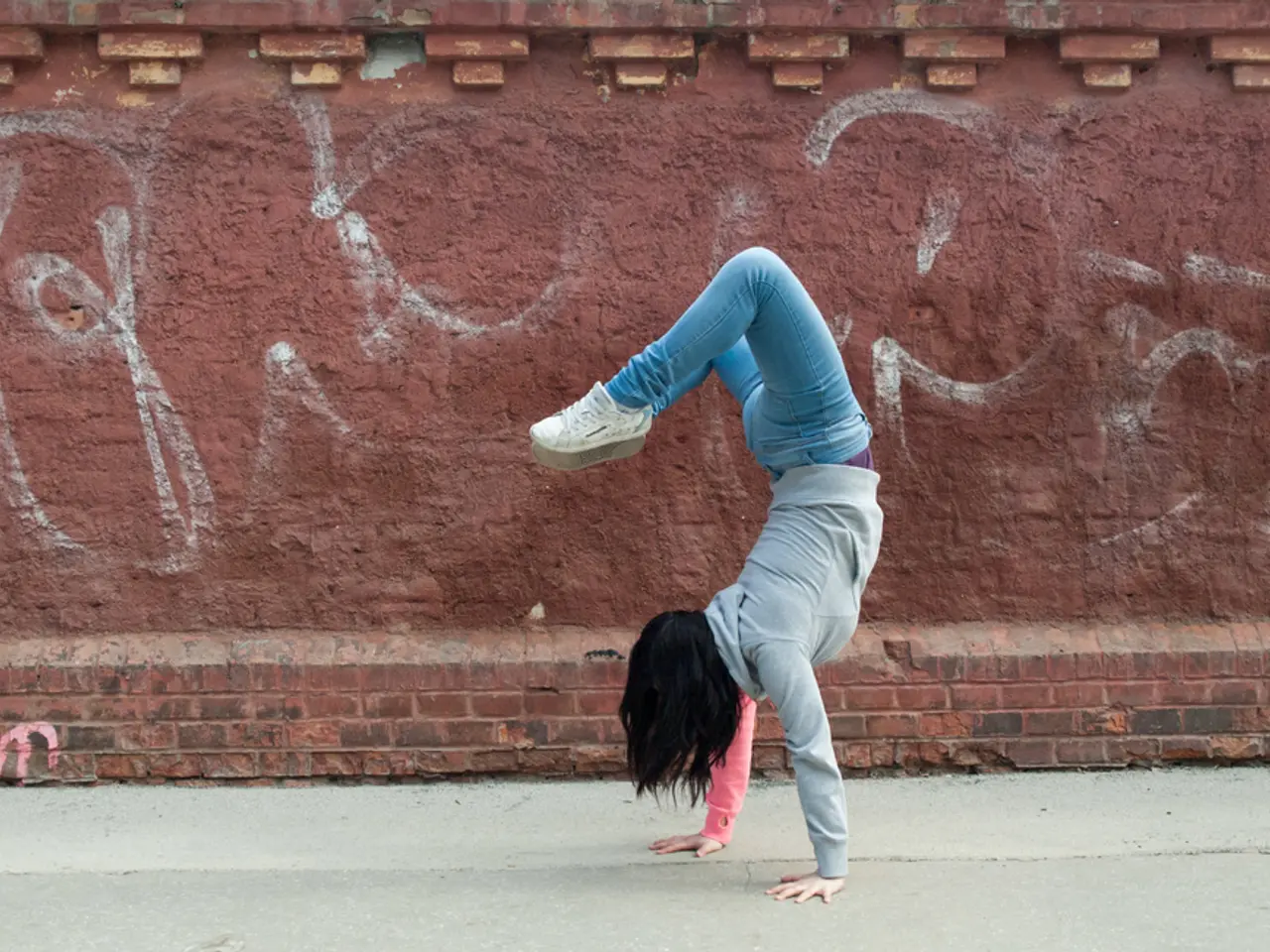Essential practice for post-stroke recovery: Reinforcing consistent rehabilitation efforts
In a groundbreaking development for stroke survivors, a new study reveals that regular exercise plays a crucial role in promoting better functional recovery and long-term outcomes. The findings, supported by renowned experts like Dr. Sook-Lei Liew and Dr. Dongni Buvarp, highlight the significant impact exercise has on the physical and functional abilities of stroke survivors.
The study, conducted by researchers in Sweden, found that stroke patients who exercised for four hours per week achieved better functional recovery within six months compared to non-exercisers. This result underscores the importance of physical activity in the rehabilitation process, offering hope for stroke survivors seeking to regain their independence and improve their quality of life.
Dr. Liew, a member of ENIGMA (a collaborative working group of over 100 experts worldwide pooling post-stroke MRI data), emphasises the role of overall brain health in protecting against the functional consequences of stroke. She states that a healthier brain can reduce the likelihood of having a stroke and improve outcomes if one does occur.
The benefits of exercise for stroke patients are not dependent on the severity of the stroke. Early rehabilitation through exercise promotes neuroplasticity, helping the brain compensate for damaged areas and recover lost functions. This process is vital for improving physical functions such as walking and balance. Regular physical activity also helps individuals regain mobility and strength, which are essential for daily activities and independence.
Exercise enhances cardiovascular health by improving endurance and reducing the risk of further cardiovascular events. Aerobic exercises, in particular, are beneficial for improving walking ability and overall health. Engaging in challenging balance tasks can lead to better long-term outcomes, indicating the importance of including balance training in rehabilitation programs.
Despite the clear benefits, many stroke survivors face barriers to adhering to exercise guidelines. Personal impairments, environmental constraints, and inadequate access to resources often hinder regular exercise. Increasing adherence to these guidelines can improve outcomes for stroke survivors.
The benefits of exercise extend beyond physical recovery. Exercise helps achieve greater functional independence, enabling stroke survivors to perform daily tasks more effectively. By improving physical capabilities and reducing the risk of further health issues, exercise contributes to an enhanced quality of life for stroke survivors. Moreover, regular physical activity can also reduce the risk of future strokes by managing risk factors such as hypertension and obesity.
Dr. Buvarp, a researcher in clinical neuroscience at the University of Gothenburg, notes that women and people with impaired cognition often become less active after a stroke and may need more support to engage in physical activity. The study results indicate that more support is needed for these groups to ensure they can reap the benefits of exercise.
In summary, exercise is a cornerstone of stroke rehabilitation, offering numerous benefits that improve physical function, independence, and overall quality of life for survivors. The benefits are not limited to those with less severe strokes, and even modest amounts of exercise can significantly improve outcomes. As 80% of strokes are preventable, it is crucial to maintain or increase physical activity to reduce the risk of stroke and improve recovery if one does occur.
For more information about The Stroke Syndrome, including 5 signs it's stalking you, hidden causes, and preventive measures, click here. The findings discussed in this article are based on research from Eureka Alert, Integrative Practitioner, JAMA, Eureka Alert, CDC, and ENIGMA Stroke Recovery at the University of Southern California.
- The study findings suggest that CBD, a compound known for its potential health benefits, could be a valuable addition to stroke rehabilitation programs, given its known effects on inflammation and mental health, two critical factors in recovery.
- Recognizing the significance of mental health, it's important to note that exercise isn't the only component for effective stroke recovery. Nutrition plays a pivotal role as well, with a balanced diet rich in nutrients promoting healing and supporting overall health and wellness.
- Expanding on the comprehensive approach to stroke rehabilitation, wellness programs that incorporate fitness-and-exercise, mental-health support, proper nutrition, and CBD supplementation may provide stroke survivors with the best chance at regaining their pre-stroke functional abilities and improving their long-term outcomes.




